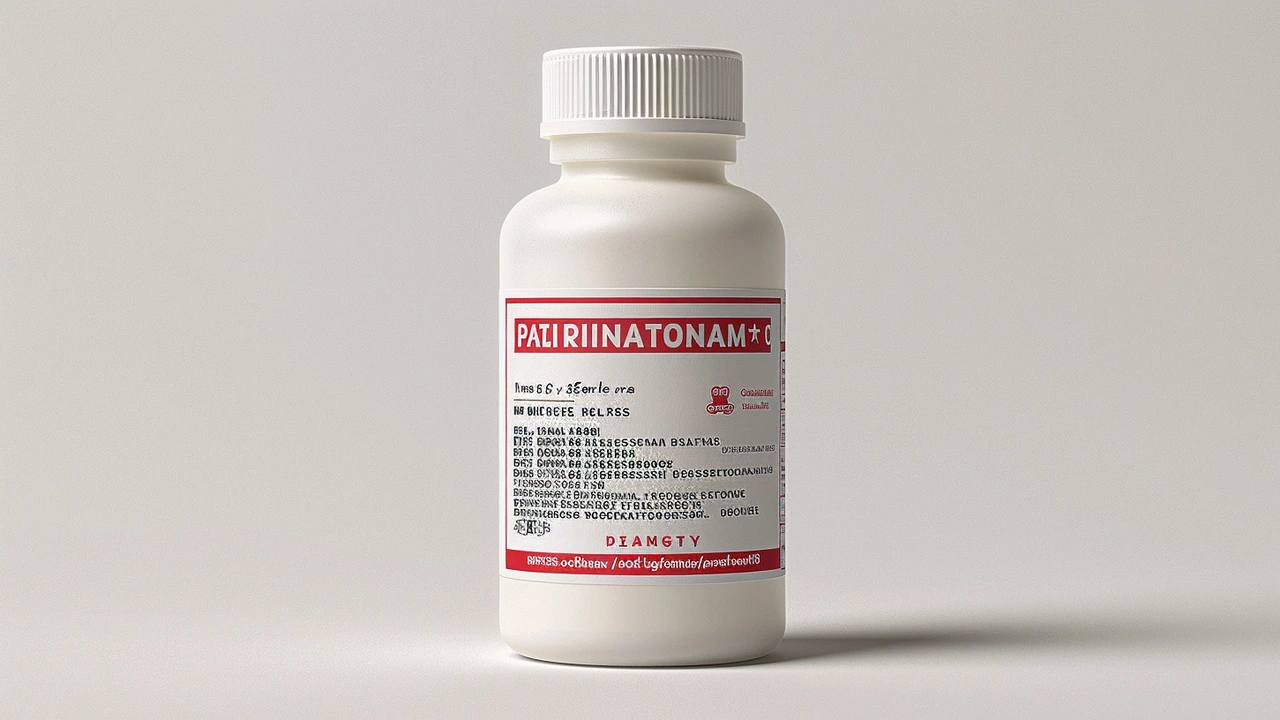Famotidine Powder: What It Is and When People Use It
Famotidine is an H2 blocker that reduces stomach acid. You probably know it as a tablet (Pepcid is the brand name), but famotidine also comes as a powder. People use the powder for compounding, making liquid doses for kids or pets, or when they prefer to mix medication into food. This page explains how the powder works, simple dosing tips, safety points, and practical buying advice.
How famotidine powder works and common uses
Famotidine blocks histamine receptors in the stomach lining that trigger acid release. That helps with heartburn, acid reflux, ulcers, and some cases of gastritis. The powder form has the same active ingredient as tablets—it's just a different delivery option so you can mix it into a syrup, suspension, or soft food. Veterinarians also use powdered famotidine for animal dosing.
When you need a non-tablet option—say a child who can’t swallow pills or a pet—the powder is handy. Compounding pharmacies can prepare a measured liquid with flavors, or a pharmacist can give exact instructions for dilution.
Practical dosing, measuring, and safety tips
Dosing depends on age, weight, and kidney function. Don’t guess. For adults, typical oral doses range from 20 mg to 40 mg once or twice daily for short-term heartburn control. For kids and pets, doses are weight-based and need precise calculation. If you use bulk powder, measure with a pharmacy-grade scale or get a compounded liquid made by a pharmacist—home kitchen scales are not accurate enough.
Store the powder in a cool, dry place in a sealed container. Keep it away from moisture and heat. Follow the expiration date or the compounding instructions from the pharmacy. If the powder changes color or smells off, don’t use it.
Common side effects include headache, constipation, or diarrhea. Allergic reactions are rare but possible—if you get rash, swelling, or trouble breathing, seek medical help right away. People with kidney problems may need lower doses because the drug is cleared by the kidneys.
Watch for interactions: famotidine can affect absorption of some drugs and may interact with other acid-reducing medicines like proton-pump inhibitors. Tell your doctor about all prescription and OTC meds you take.
If you’re buying famotidine powder online, pick a reputable source. Check that the pharmacy requires a prescription when appropriate, displays a license, uses secure checkout, and has clear contact info. Read recent customer reviews and verify the product comes with proper labeling and dosing instructions. When in doubt, ask your doctor or pharmacist to recommend a trusted compounding pharmacy.
Got questions about making a liquid dose or mixing with food? Ask your pharmacist for exact measurements and a step-by-step. Small mistakes in measurement matter with powders. Use pharmacy tools, follow instructions, and check with a clinician for dose adjustments if you have a chronic condition or take other meds.
Famotidine powder is a useful option when tablets won’t work, but handle it carefully and stay guided by a professional. Safe mixing, accurate dosing, and buying from a trusted pharmacy keep things simple and effective.
